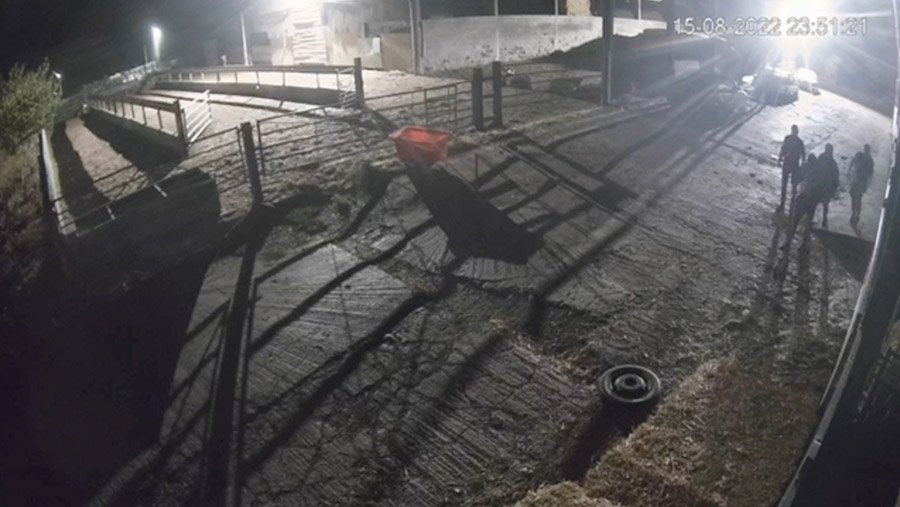As I headed to the allotment recently to do some watering, the sounds of harvest machinery all around, I reflected that one Kent farmer I know would not be on a combine or tractor that day, or any of his staff or family.
It was a Sunday, and they don’t work on a Sunday.
Mind you, it’s been a good year to take a day off a week. How hard must it be to stick to your belief if the coming Sunday looks like being the only fine day in a wet fortnight?
See also: Opinion: Are the Tories heading for an election kicking?
But the principle is simple; we weren’t put on God’s earth to work seven days a week.
It is unusual to see Christian values be a driver to a farming business these days.
I was reminded of this a few weeks ago on the farm walk at this year’s winners of our Farming and Wildlife Advisory Group conservation award in Kent.
For this company, faith carries through to their commitment to the environment, the community around them and the wider world.
If Sundays off and company contributions to Christian charities sound like a throwback, what have we lost from the countryside?
Wind the clock back to the Middle Ages, and farming, food and faith were inseparable. In that brutal, transient world, packing the village church for mass might just see off crop failure and starvation.
By the 18th century, the spectre of famine had receded, and faith had become woven into the social fabric of the countryside.
The church where I grew up had a door through which the gentry from the manor house next door would come on a Sunday to get to their private pew while the rest of the congregation looked on.
Then and in the next century, the country parson was likely to be the gentry’s appointee; educated, but not overworked.
My profession owes a lot to people such as Gilbert White, who with curiosity and time on his hands noted his observations of nature in the countryside around Selborne in Hampshire.
Imagine the shock to this order brought about by the Great War, when country houses, farm fields and church pews were emptied of young men, many of whom never came back.
It is tempting to ask yourself: “Do I really have time to take time off?” But look at it another way: “Am I really going to make any more money – or lose any less – if I don’t?”
The Depression, and the horrors of another war 20 years later, didn’t make any better case for God’s presence in the world.
So I’d describe my parents, farming after that war, as social Christians.
They were friendly with the vicar, observed the high points in the church year – lambing service, Easter, harvest festival, Christmas – but no more considered going to church every Sunday than they would a football match.
Church congregations are still falling and the number of farmers is dwindling everywhere. With fewer staff and more pressures all around, those farmers that remain are working harder and with less time for outside activities.
It is tempting to ask yourself: “Do I really have time to take time off?” But look at it another way: “Am I really going to make any more money – or lose any less – if I don’t?”
And you don’t have to be a Christian to know that time off, be it for church, family, friends or leisure, is vital for your mental and physical wellbeing. So take Sunday off, or any day you like, next week.











